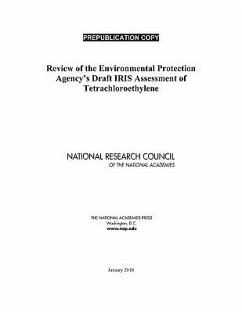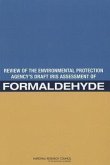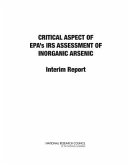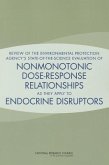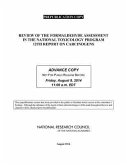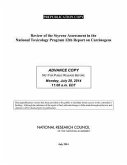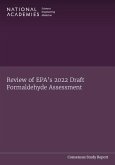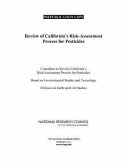"Tetrachloroethylene is a volatile, chlorinated organic hydrocarbon that is widely used as a solvent in the dry-cleaning and textile-processing industries and as an agent for degreasing metal parts. It is an environmental contaminant that has been detected in the air, groundwater, surface waters, and soil. In June 2008, the U.S. Environmental Protection Agency released its draft Toxicological Review of Tetrachloroethylene (Perchloroethylene) (CAS No. 127-18-4) in Support of Summary Information on the Integrated Risk Information System (IRIS). The draft IRIS assessment provides quantitative estimates of cancer and noncancer effects of exposure to tetrachloreothylene, which will be used to establish airquality and water-quality standards to protect public health and to set cleanup standards for hazardous waste sites. At the request of EPA, the National Research Council conducted an independent scientific review of the draft IRIS assessment of tetrachloroethylene from toxicologic, epidemiologic, and human clinical perspectives. The resulting book evaluates the adequacy of the EPA assessment, the data and methods used for deriving the noncancer values for inhalation and oral exposures and the oral and inhalation cancer unit risks posed by tetrachloroethylene; evaluates whether the key studies underlying the draft IRIS assessment are of requisite quality, reliability, and relevance to support the derivation of the reference values and cancer risks; evaluates whether the uncertainties in EPA's risk assessment were adequately described and, where possible, quantified; and identifies research that could reduce the uncertainty in the current understanding of human health effects associated with tetrachloroethylene exposure"--Publisher's description.
Hinweis: Dieser Artikel kann nur an eine deutsche Lieferadresse ausgeliefert werden.
Hinweis: Dieser Artikel kann nur an eine deutsche Lieferadresse ausgeliefert werden.

